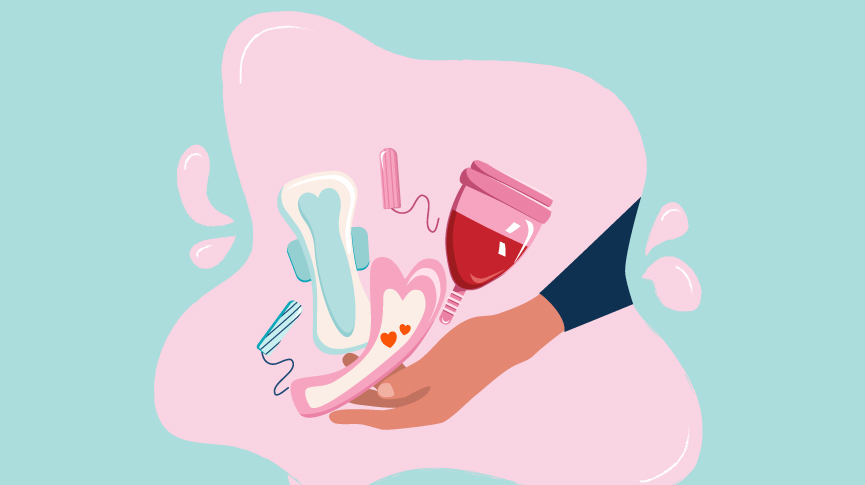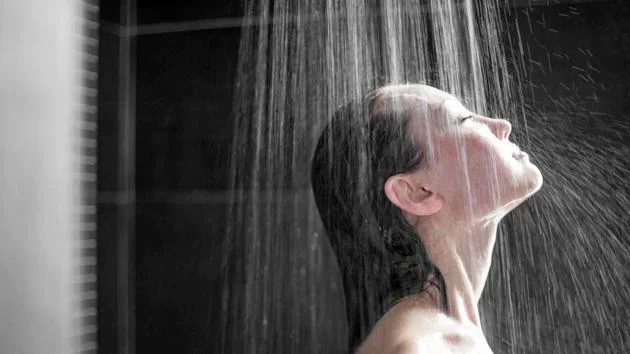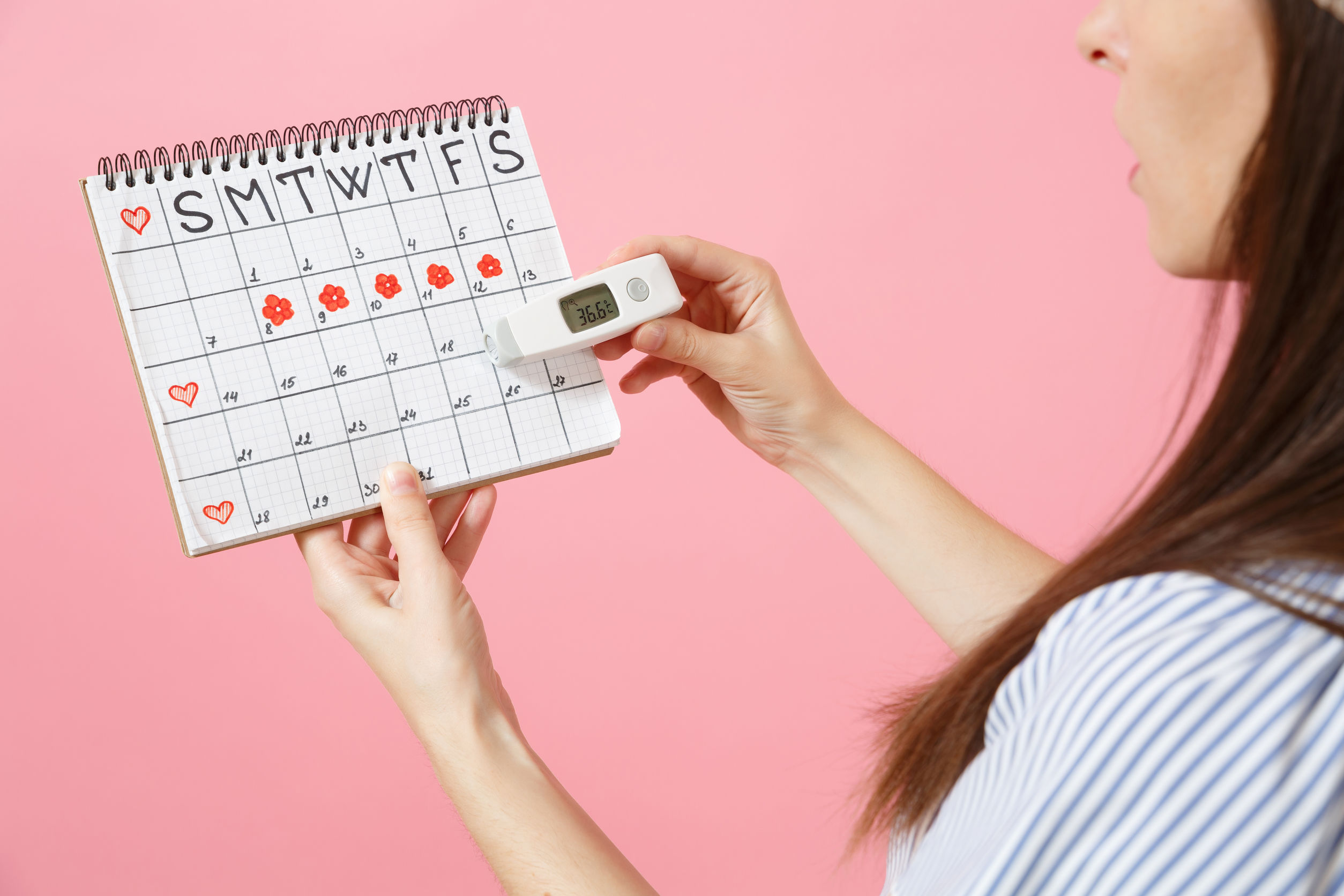Wonder how to maintain personal hygiene during menstruation?
Look out for solutions throughout the article and maintain better personal hygiene during menstruation.
Most of us go through their menstruation in secrecy. We don’t take the time to consider whether or not our habits are sanitary. We may use the same napkin for the entire day at times.
During their periods, women in the countryside and smaller towns still utilise reusable unclean cloth.
Periods are regarded as dirty in certain households. Thus they are not allowed to use detergent to wash the soiled linen.
Here are some hygiene guidelines for your periods, some of which you may not be aware of:
1. Select your sanitation method

There are many options for staying clean today, including sanitary napkins, tampons, and menstrual cups. The majority of unmarried girls in India prefer to use sanitary napkins.
If you do decide to use a tampon, make sure to choose the one with the lowest absorbency rate for your flow.
While some women like to use multiple types of sanitary napkins or different means of protection on different days of their periods, others prefer to adhere to one type and brand.
The best advice is to try using one brand for one sort of protection for a while. This is to see if it meets your requirements.
Switching brands frequently can make you feel uneasy because brands are as individual as you are, and they suit everyone individually.
2. Change regularly during menstruation
Changing sanitary napkins or tampons every 4-6 hours is the cardinal rule for keeping vaginal cleanliness. Menstrual blood attracts a variety of organisms from our bodies, which grow in warm blood, causing discomfort, rashes, and urinary tract infections.
You can prevent infections and stop the growth of hazardous organisms by replacing your sanitary napkin or tampon on a regular basis.
3. Keep yourself clean
Because germs stick to your body after you remove your sanitary napkin, it’s critical to wash your vaginal area on a frequent basis.
Most people wash their hands regularly, but not in the proper manner that is, from the vagina to the anus, not vice versa. When you move your hand from the anus to the vagina, bacteria can be transmitted, resulting in infections.
4. Say No to Soaps and vaginal hygiene products

The vaginal cleansing mechanism is controlled by a delicate balance of beneficial and bad bacteria. Washing it with soap might kill the healthy bacteria, allowing diseases to flourish.
While it is necessary to wash on a frequent basis during this period, all you need is some warm water to do so. You can use soap on the outside of your vaginal or vulva, but not within.
5. Be on the lookout for a rash on your pads whilst having menstruation
If you have an abnormally high flow rate, you may develop a pad rash. It usually occurs after the pad has been damp for a long time and rubs against the thighs, causing it to chaff.
During your period, avoid getting wet. If you develop a rash, replace your pads on a regular basis and stay dry.
After a bath and before going to bed, apply an antibiotic ointment to the rash to heal it and prevent future chaffing. Consult your doctor if the condition persists; he or she may be able to prescribe a medical powder to keep the area dry.
6. Bathe on a regular basis

Some cultures think that a woman should not bathe during her periods.
It may seem like the most ridiculous advice to some.
This myth arose from the fact that women had to bathe in the open or in public water bodies such as a river or lake in the past.
However, now that we have indoor plumbing, taking a bath during your period is the finest thing you can do for your health.
Bathing not only cleanses your body but also allows you to clean your intimate areas thoroughly.
It can also help with period cramps and backaches, as well as improve your mood and make you feel less bloated.
7. Properly dispose of the sanitary napkin
One should dispose Tampons and sanitary napkins appropriately. Wrap them properly before throwing them away to avoid infections and illnesses from spreading.
If you flush them, the toilet will clog, causing the water to back up and spreading bacteria all over the area.
Because you’re likely to come into contact with the discoloured region while wrapping and throwing used tampons and sanitary napkins, adequately cleaning your hands afterward is essential.


Pingback: Self-care during menstruation